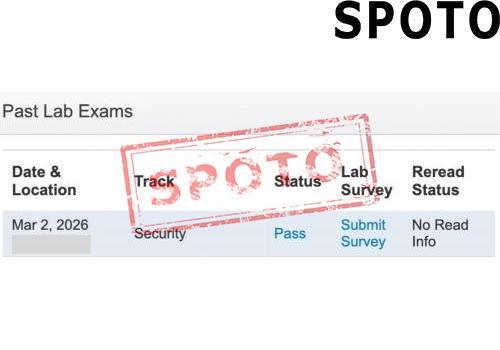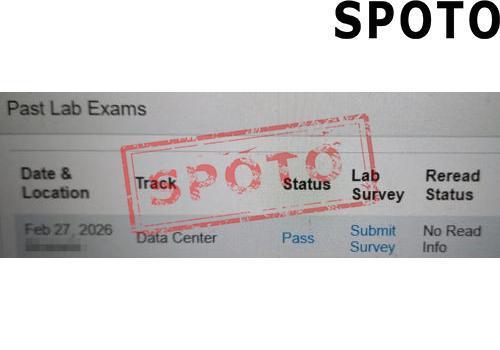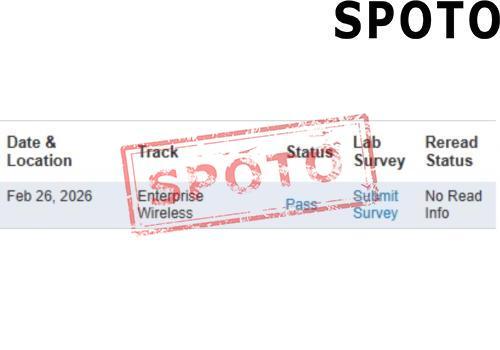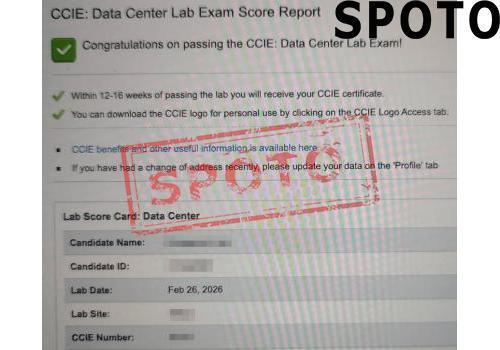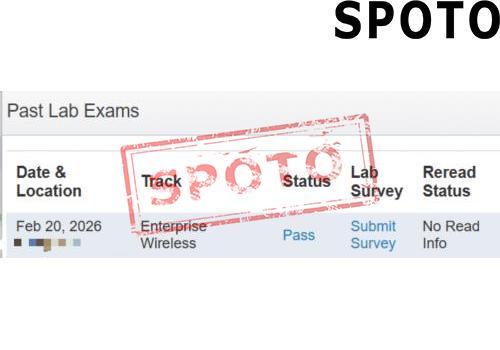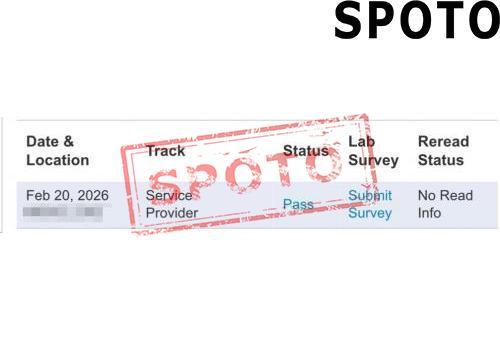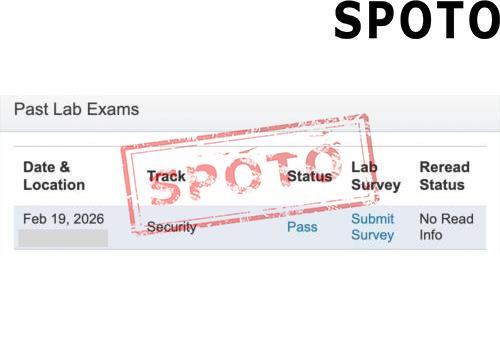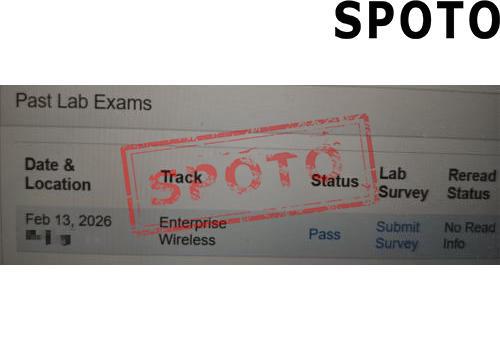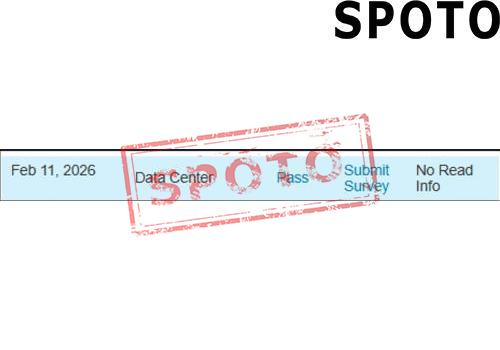
Table of Contents
In the fast-evolving world of networking, the Cisco Certified Internetwork Expert (CCIE) certification stands as the pinnacle of technical excellence. Recognized globally, CCIE validates an expert-level understanding of networking principles and solutions. For professionals seeking to deepen their expertise and boost career prospects, selecting the right CCIE track is crucial. Each track caters to specific skills, industries, and technologies, making it essential to align your passion with your professional aspirations.
This guide breaks down each CCIE track, helping you determine which specialization suits your career goals. Whether you're passionate about security, automation, wireless networking, or service provider networks, there's a track designed just for you.
CCIE Tracks Overview
Cisco currently offers seven CCIE tracks, each tailored to different networking domains. Let's dive into each specialization and what it entails.
1. CCIE Enterprise Infrastructure
This track is the most popular, covering advanced routing, switching, SD-WAN, network automation, and security. It's ideal for engineers working in enterprise environments, ensuring they can design and troubleshoot complex network infrastructures.
Who should choose this track?
- Network engineers managing enterprise-grade networks
- Professionals interested in network automation and programmability
- Those looking to master SD-WAN and software-defined networking (SDN)
2. CCIE Enterprise Wireless
Wireless networking is at the heart of modern businesses, and this track focuses on wireless security, mobility services, and RF design. As organizations expand their wireless capabilities, experts in this field are in high demand.
Who should choose this track?
- Wireless engineers designing and implementing Wi-Fi networks
- Professionals working with Cisco DNA Center and wireless security
- Those passionate about wireless troubleshooting and RF optimization
3. CCIE Security
Cybersecurity threats are increasing, making CCIE Security one of the most sought-after specializations. This track covers firewalls, VPNs, network security policies, and advanced threat defense.
Who should choose this track?
- Security professionals handling network and cloud security
- Engineers working with Cisco Secure Firewall, ISE, and VPNs
- Those passionate about penetration testing, threat mitigation, and compliance
4. CCIE Data Center
This track focuses on modern data center infrastructure, including automation, storage networking, virtualization, and cloud computing. It prepares professionals to design and manage large-scale data centers.
Who should choose this track?
- Cloud architects and data center engineers
- Those managing Cisco Nexus switches, UCS, and ACI
- Professionals looking to specialize in hybrid cloud solutions
5. CCIE Service Provider
Telecommunications companies and ISPs require specialists to handle their MPLS networks, segment routing, QoS, and network automation. This track ensures seamless connectivity for large-scale service provider environments.
Who should choose this track?
- Network engineers working for service providers and telecom companies
- Those managing MPLS networks, BGP, and segment routing
- Professionals interested in network programmability and automation
6. CCIE Collaboration
Businesses rely on VoIP, video conferencing, and unified communications (UC) to stay connected. The CCIE Collaboration track focuses on designing and troubleshooting advanced collaboration solutions.
Who should choose this track?
- Voice and UC engineers managing Cisco Unified Communications Manager (CUCM)
- Professionals working with Webex, Cisco Jabber, and IP telephony
- Those passionate about VoIP security, video solutions, and call routing
7. CCIE DevNet
The newest addition to the CCIE family, CCIE DevNet, blends software development and networking. This track focuses on automation, APIs, Python scripting, and network programmability.
Who should choose this track?
- Network engineers interested in automation and infrastructure as code (IaC)
- Developers looking to integrate networking with DevOps methodologies
- Professionals working with Cisco DNA Center, Python, and REST APIs
Choosing the Right CCIE Track
With so many options, selecting the best CCIE track depends on your interests, career goals, and industry demand. Here are a few factors to consider:
- Passion and Strengths – If you enjoy securing networks, CCIE Security is a great fit. If you prefer automation and scripting, CCIE DevNet might be your calling.
- Industry Demand – Look at the job market. Enterprise Infrastructure and Security are in high demand, but Data Center and DevNet are rapidly growing fields.
- Long-Term Career Goals – Do you want to work in cloud computing, telecommunications, cybersecurity, or automation? Choose a track that aligns with your aspirations.
Benefits of Becoming a CCIE
Regardless of the track you choose, earning a CCIE certification offers numerous benefits:
- Higher Salary Potential – CCIE-certified professionals earn some of the highest salaries in the networking industry.
- Industry Recognition – Being CCIE-certified sets you apart as an expert in your field.
- Career Growth – Many CCIE holders advance to roles like network architect, security consultant, and cloud solutions engineer.
Conclusion
The CCIE certification is more than just a credential—it's a gateway to new opportunities, professional growth, and technological mastery. By choosing a track that aligns with your passion and career goals, you can elevate your skills and make a significant impact in the IT industry. Whether it's security, automation, enterprise networking, or cloud solutions, CCIE is where passion meets the profession.
